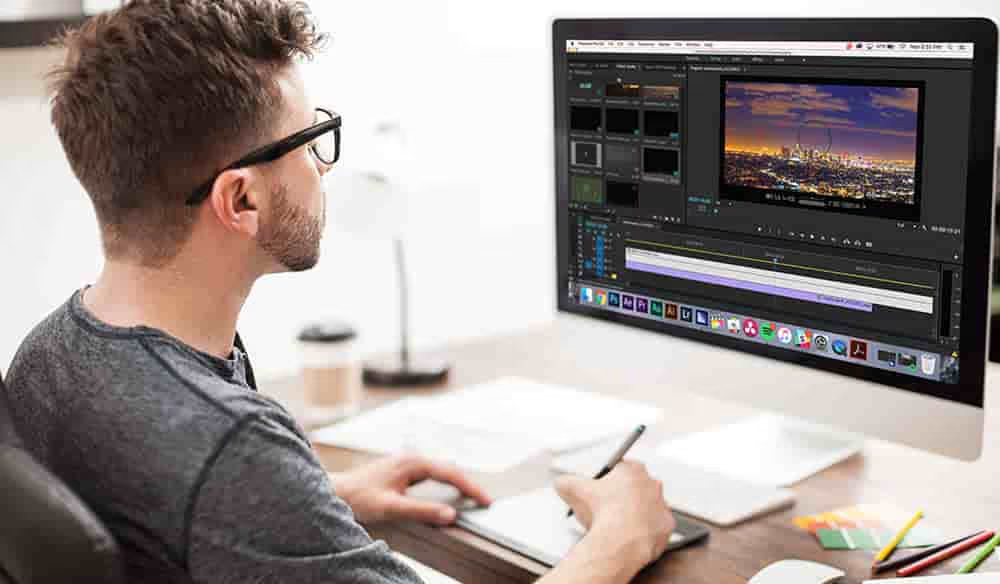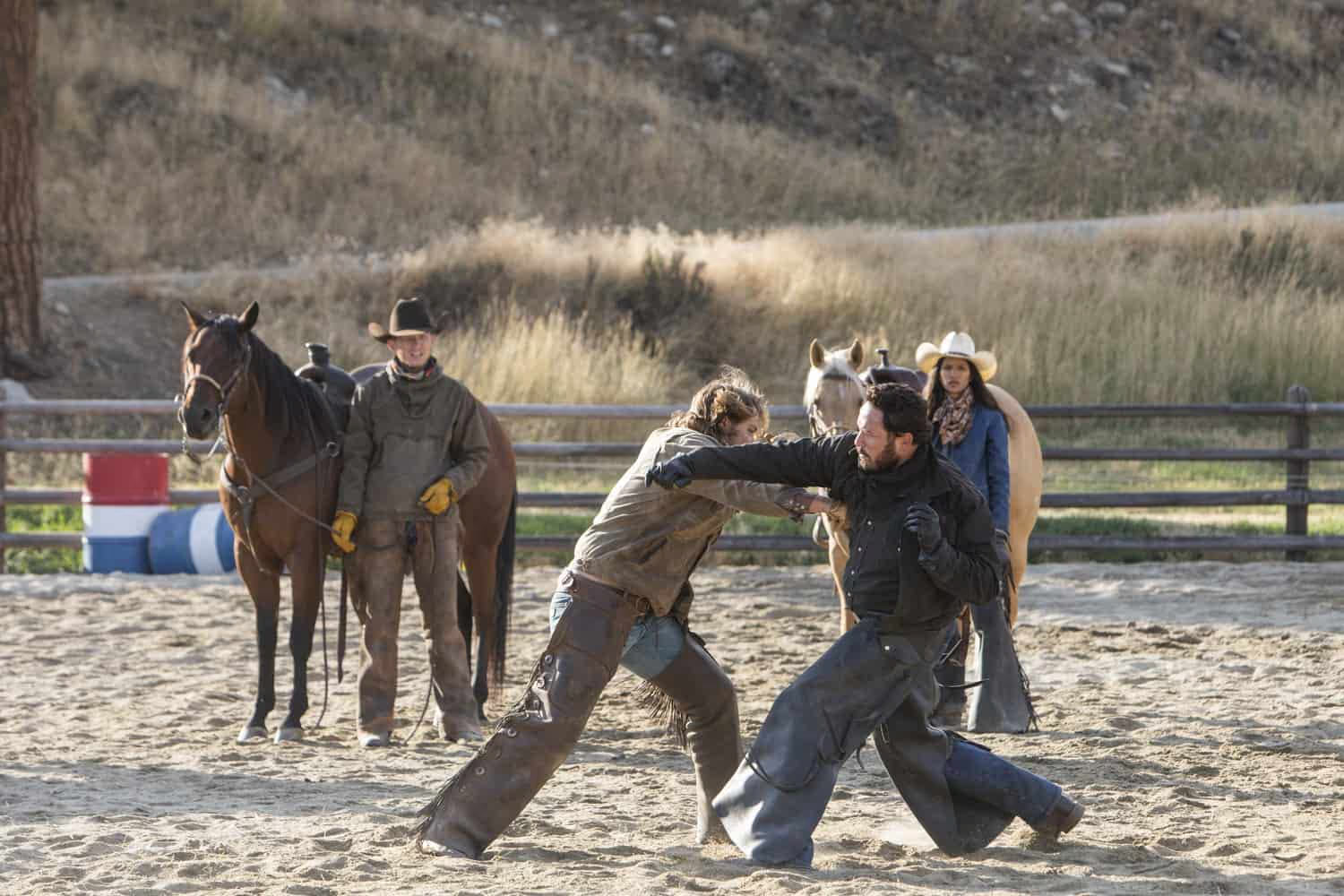Table of Contents
A video editor is a professional who works in the post-production process of filmmaking or video production. They are responsible for assembling raw footage into a finished product that accurately conveys the intended message. Video editors use various techniques to manipulate and arrange video shots, sound effects, and music to create a cohesive and engaging final product.
Video editing is a crucial part of the filmmaking process, and it requires a high level of technical skill, creativity, and attention to detail. A video editor must have a deep understanding of the art and science of storytelling, as well as an in-depth knowledge of the tools and software used in the editing process. They must be able to work collaboratively with other members of the production team, including directors, producers, and cinematographers, to bring their creative vision to life.
What is a Video Editor?
A video editor is a professional who is responsible for assembling and editing raw video footage into a finished product that is suitable for broadcasting or distribution. The video editor works with various types of video footage, including film, television shows, music videos, and promotional materials. The video editor is responsible for ensuring that the final product is of high quality and meets the client's specifications.
Definition
A video editor is a professional who has the technical expertise and creative skills to assemble and edit raw video footage into a finished product that tells a story. The video editor works with various types of video footage, including film, television shows, music videos, and promotional materials. The video editor is responsible for ensuring that the final product is of high quality and meets the client's specifications. The video editor must have a keen eye for detail and be able to work under tight deadlines.
Skills Required
A video editor must have a variety of technical and creative skills to be successful. The video editor must be proficient in video editing software, such as Adobe Premiere, Final Cut Pro, or Avid Media Composer. The video editor must also have a strong understanding of video production, including lighting, camera angles, and sound design. The video editor must be able to work collaboratively with other professionals, such as directors, producers, and sound designers. The video editor must also be able to work under tight deadlines and be able to manage multiple projects simultaneously.
Technical Skills
Technical skills are an essential requirement for any video editor. A video editor must be proficient in using video editing software, such as Adobe Premiere Pro, Final Cut Pro, or Avid Media Composer. They must have a good understanding of video codecs, file formats, and compression techniques. They must be able to work with different types of footage, such as raw footage, stock footage, and archival footage. They must also be familiar with color correction, audio mixing, and special effects.
Moreover, a video editor must be able to work with different types of video equipment, such as cameras, microphones, and lighting equipment. They must have a good understanding of camera angles, framing, and composition. They must be able to shoot and edit footage in different resolutions, such as 4K, 1080p, and 720p. They must also be able to work with different types of audio equipment, such as mixers, equalizers, and compressors.
Creative Skills
Creative skills are equally important for a video editor. A video editor must have a good eye for detail and aesthetics. They must be able to tell a story through visual and audio elements. They must be able to create a visual narrative that engages the audience and conveys the intended message. They must be able to work with different types of footage, such as interviews, b-roll, and music videos. They must also be able to work with different genres, such as documentaries, commercials, and feature films.
Furthermore, a video editor must be able to work with different types of clients, such as production companies, advertising agencies, and independent filmmakers. They must be able to understand the client's vision and translate it into a compelling video. They must be able to collaborate with other professionals, such as directors, cinematographers, and sound designers. They must also be able to work under tight deadlines and deliver high-quality work.
Soft Skills
Soft skills are essential for any video editor. A video editor must have excellent communication skills. They must be able to communicate their ideas and feedback clearly and effectively. They must also be able to listen to feedback and incorporate it into their work. They must be able to work in a team environment and collaborate with other professionals. They must also be able to work independently and take initiative when necessary.
Moreover, a video editor must have excellent time management skills. They must be able to prioritize tasks and meet deadlines. They must also be able to multitask and work on multiple projects simultaneously. They must be able to handle stress and pressure and maintain a positive attitude. They must also be willing to learn and adapt to new technologies and techniques.
Why is Video Editing Important?
Video editing is an essential part of the video production process because it allows the director and producer to create a final product that meets their intended goals and objectives. Video editing allows them to tell a story or convey a message in a way that is engaging, informative, and entertaining. Without video editing, a video may lack structure, coherence, and emotional impact, making it less effective at achieving its intended goals.
Video editing is also important because it allows for creative expression and experimentation. A skilled video editor can use their expertise and creativity to enhance the story and create a more immersive experience for the viewer. They can experiment with different shots, angles, and special effects to create a unique and compelling final product that stands out from the rest.
Types of Video Editors
Video editing is a complex process that requires a skilled professional to create a polished final product. There are different types of video editors, each with their specific skills and expertise. Some of the most common types of video editors are:
Film and TV Editor
Film and TV editors are responsible for editing feature films, television shows, and documentaries. They work with directors and producers to create a cohesive story from the raw footage. They must have a deep understanding of storytelling, pacing, and character development. Film and TV editors often work long hours and tight deadlines to deliver the final product on time.
Commercial and Advertising Editor
Commercial and advertising editors work on short-form content, such as commercials, promotional videos, and social media ads. They must be able to tell a story in a short amount of time and capture the viewer's attention quickly. They often work with a creative team to develop a concept and then execute the vision through the editing process.
Social Media Editor
Social media editors create content for social media platforms such as Instagram, TikTok, and YouTube. They must be able to create engaging content that resonates with the audience and fits the platform's requirements. Social media editors often work with influencers, brands, and marketing agencies to create content that drives engagement and conversions.
Live Event Editor
Live event editors work on events such as concerts, sports games, and conferences. They must be able to work quickly and efficiently to capture the highlights of the event and create a polished final product. Live event editors often work in high-pressure environments and must be able to work well under stress.
Each type of video editor requires a specific set of skills and expertise. However, all video editors must have a deep understanding of storytelling, pacing, and technical skills such as color grading and audio editing. A good video editor can take raw footage and turn it into a polished final product that tells a compelling story.





